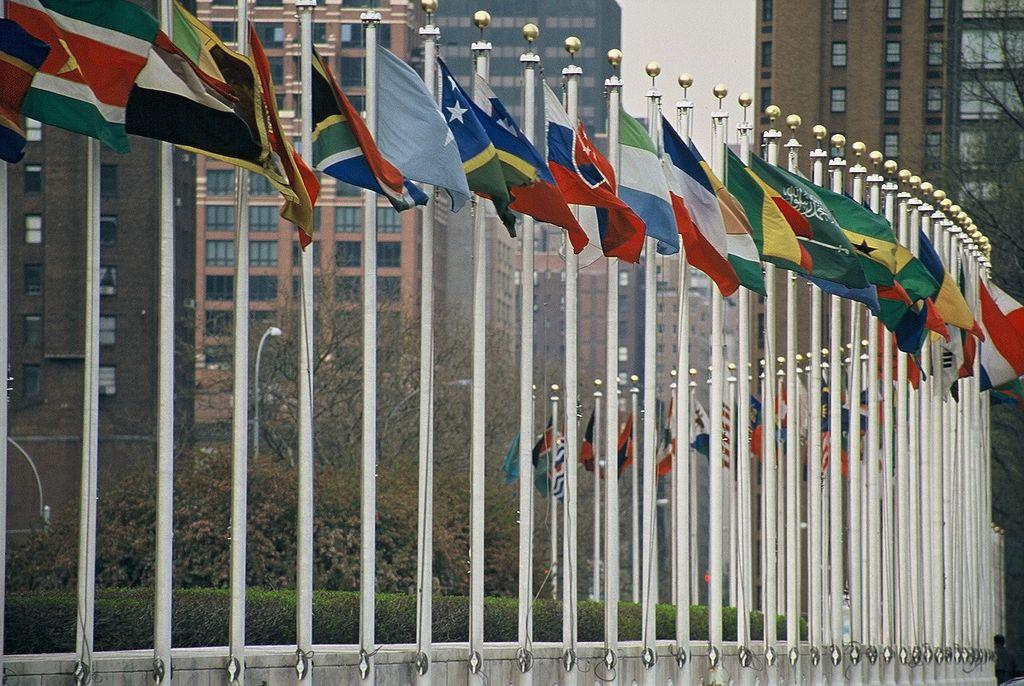Embassies and Consulates in Mayotte

In most countries, you'll find diplomatic missions, typically comprising embassies and/or consulates. However, Mayotte stands as an overseas department and region of France, and thus lacks independent foreign representation. Instead, it falls under the jurisdiction of French authorities for international matters.
Similar to other French overseas territories, Mayotte is fully integrated into the French Republic, consequently represented by France on the global stage. As a result, Mayotte doesn't host embassies or consulates. It's recognised as a singular territorial collective of France, precluding the presence of diplomatic missions within its borders.
Embassies and consulates are considered legal territories of their home countries. They are not "foreign territory" but they are protected and considered the property of the country using them, meaning that Mayotte does not have jurisdiction over the embassy or consulate of another country.
What is the difference between Embassy and Consulate
The Vienna Convention on Consular Relations international treaty defines the diplomatic mission’s purpose and framework. The various diplomatic missions offer several services and carry out different missions. For example:
- Embassy: This is the primary diplomatic representation of a country’s government and is headed by an ambassador. An embassy is the main location for a diplomatic presence of one country in another. A country has at most one embassy in another country, and is always established in the capital city of the host country. In the absence of a consulate in a country, the embassy also has a consular section to carry out all the relevant consular services (see below).
- Consulate General: This is a diplomatic mission, headed by a consul that provides a full range of services such as: issuing passports/visas, keeping birth and marriage records, assisting expats, providing legal information, translations etc. It can be located in any major city of the host country, although often in the capital city (in certain cases, in the same building as the embassy). In major countries and large territories, you often have more than one consulate.
- Honorary Consulate: It supplements the Consulate to provide a limited range of consular services and is headed by an honorary consul. They help nationals abroad. For example, in the event of a hospital stay, missing person, death, natural disaster or another emergency. They can also issue emergency travel documents and consular declarations for which the applicant is required to appear in person.
In case of emergency, consular assistance can be obtained from the designated embassy representation in Paris, France.
- My Life Abroad -
A selection of expat stories

"A fun compulsive read!"
J. Matcham, Amazon
"I strongly advise people ready to live abroad to read this book!"
Patrice, Amazon

 What is a Schengen Visa?
What is a Schengen Visa?
 AGS Worldwide Movers
AGS Worldwide Movers Fexco payment solutions
Fexco payment solutions 1stMove Car Shipping
1stMove Car Shipping